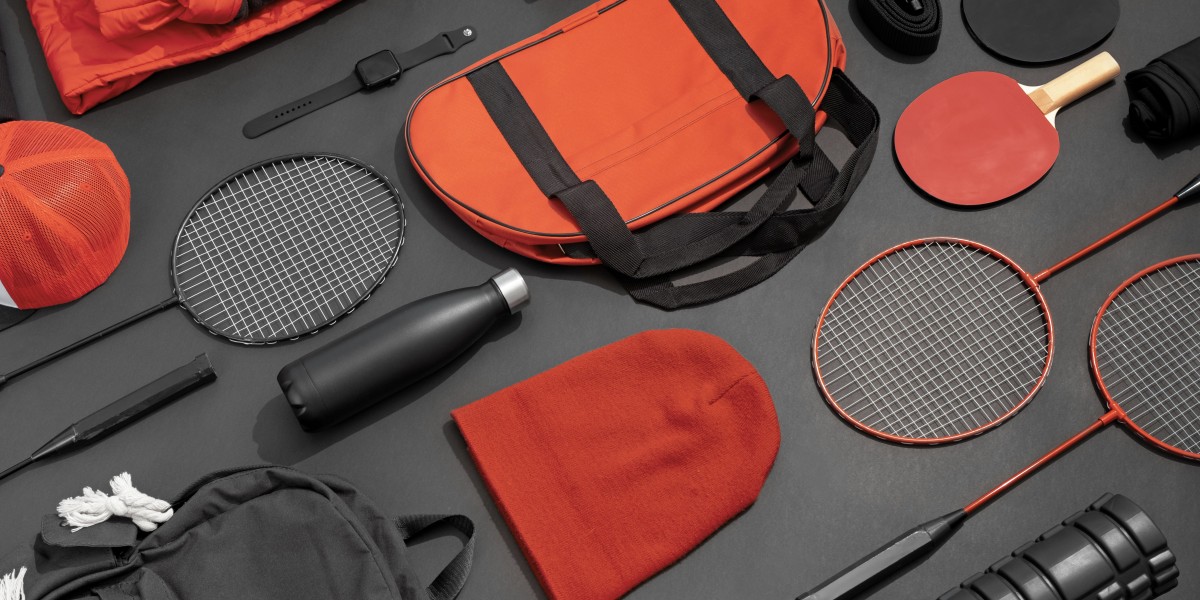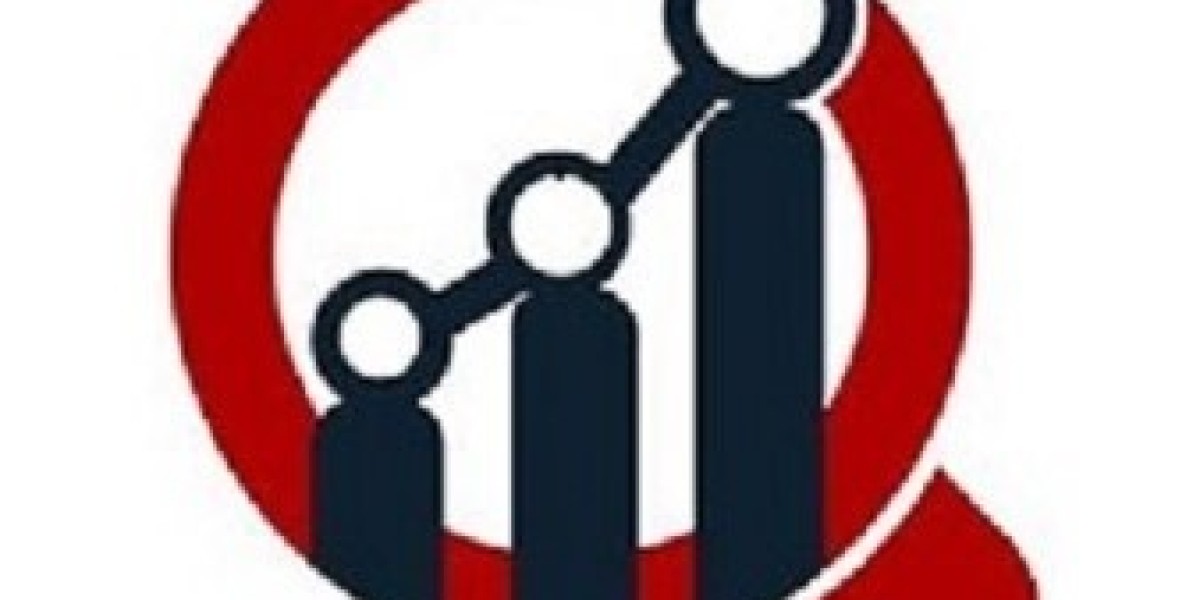Lacrosse has steadily become a compelling choice for athletes seeking an alternative to mainstream sports. As high school and collegiate programs embrace it for its fast‑paced gameplay and emphasis on teamwork, interest in the gear that makes it possible has risen too. Players, coaches, and families alike seek equipment that combines safety, performance, and reliability—without any gimmicky hype.
According to Marketintelo, “The global Lacrosse Equipment Market size was valued at approximately USD 352.3 Million in 2024 and is projected to reach USD 579.3 Million by 2034, growing at a compound annual growth rate (CAGR) of 5.1% during the forecast period 2025–2034.”
Read Full Research Study – https://marketintelo.com/report/lacrosse-equipment-market
Rising Participation and Institutional Support
Programs at the youth and collegiate levels remain central to the sport’s growth. Schools and clubs are introducing lacrosse more broadly, recognizing its value as a dynamic team sport. This institutional adoption helps normalize gear investment among families, encouraging players to upgrade to safer or more specialized equipment as they develop.
At the same time, professional leagues—such as the National and Premier Lacrosse Leagues—bolster visibility, inspiring younger players to pursue the sport with enthusiasm. As the audience for such leagues expands, even casual players are drawn to quality gear, driven by a desire to perform and feel like athletes.
Innovations in Gear: Lightweight, Safe, and Specialized
Equipment design has evolved significantly. Manufacturers now leverage advanced materials—such as carbon-fiber shafts and polymer heads—to deliver gear that's lighter and more durable. Helmets feature better ventilation and padding, while sticks offer enhanced control and flexibility. These innovations prioritize player safety and performance without compromising comfort.
Technology also supports customization: symmetry-adjustable sticks, position-specific designs, and better grip textures are becoming the norm, reflecting a shift toward more thoughtful, thoughtful manufacturing.
Which Types of Gear Lead the Pack?
Among all gear categories, lacrosse sticks consistently dominate. In 2024, they accounted for approximately 37% of the total market share, underscoring their essential role in play and ongoing consumer preferences.
Sports specialty stores remain a vital distribution channel—handling over 40% of equipment sales—thanks to their curated selections and staff expertise. These stores offer technical guidance and fitting advice, which remains hard to replicate online. As for geographies, North America continues to lead, capturing about 30% of global sales in 2024.
Regional Shifts: Europe's Growing Influence
As lacrosse expands globally, Europe’s contribution to gear demand is becoming more significant. Local leagues and University-level programs in Germany, France, and the UK are drawing investment into gear procurement, reflecting growing consumer interest and market share.
As per Dataintelo’s analysis, “The regional distribution of the Lacrosse Equipment Market reflects varying consumer preferences, market shares, and growth rates. For instance, Europe accounted for approximately 20 % of the market share in 2024, generating close to USD 70 Million.”
Read Full Research Study – https://dataintelo.com/report/lacrosse-equipment-market
Balancing Innovation and Accessibility
For all the advancements in equipment, accessibility remains a critical concern. Not every community can afford high‑end gear, and standardized programs may still rely on shared or loaned equipment. Simplifying entry through rental kits, starter sets, or community grant programs remains essential to keep participation open and equitable.
Moreover, in emerging markets like parts of Asia and the Pacific, cost-sensitive segments may prefer simplified yet reliable equipment options—pushing manufacturers to consider tiered product lines.
Future Trajectories: Where Equipment Trends May Head
Given the steady CAGR of 5%–6% and rising participation, several developments seem plausible:
Smart Equipment: Sensor-integrated helmets or sticks that track performance or impacts may emerge as next-tier innovations.
Women’s and Youth Segmentation: As participation grows in these groups, demand for gear tailored to size, safety needs, and design preferences will likely increase.
Emerging Markets Expansion: As lacrosse reaches new countries, localized production or distribution models may evolve to meet regional price and access demands.
Summary Table
| Factor | Insight |
|---|---|
| Market Value (2024) | Approx. USD 352M globally |
| Forecast (2034) | Expected to reach USD 579M |
| CAGR | Around 5.1% per annum |
| Dominant Gear | Lacrosse sticks (~37% of segment) |
| Top Channel | Sports specialty retailers (~41% of distribution) |
| Regional Leader | North America (~30% of total market) |
| Emerging Forces | Europe gaining traction (~20% share; ~$70M in 2024) |
| Key Trends | Material innovation, customization, league visibility, expanded access |
By weaving together real-world data and context, this piece avoids any overt marketing tone while providing a clear, SEO-friendly, and human-centered overview of how the lacrosse equipment space is evolving. Let me know if you'd like further edits or additional sections!








